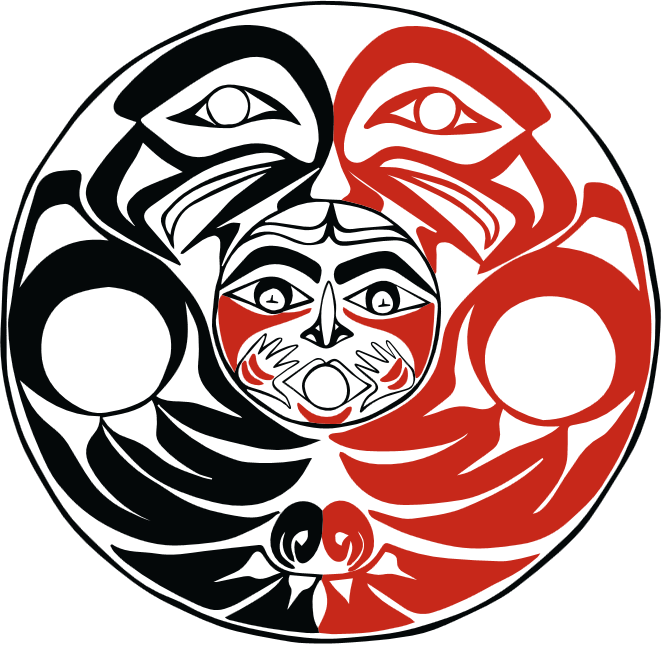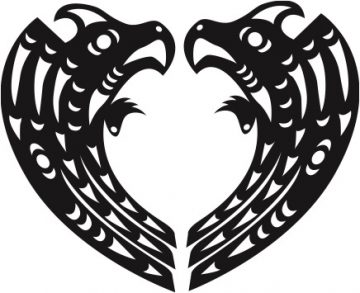

We recognize the traditional, ancestral, unceded lands of the hən̓q̓əmin̓əm̓-speaking Musqueam people.
Indigenous Studies in Kinesiology (ISK) is designed to introduce students, faculty, and staff to Indigenous understandings of health and wellbeing and to provide comprehensive insight into the complex social, cultural, historical, and economic factors that shape healthy living within Indigenous communities.
Working in partnership with Indigenous communities, ISK aspires to create an interdisciplinary research space where undergraduate and graduate students, faculty and community scholars work collaboratively to explore the relationship between Indigenous physical cultures, physical activity, health and wellbeing. Projects emerging from this stream use a community-based approach that builds on community strengths to produce knowledge that is both culturally responsive and relevant.
Research & People
The Cognitive and Motor Learning (LEARN) Laboratory
Professor: Shannon Bredin
The purpose of the LEARN Laboratory is to examine factors that influence human motor development, learning, and performance, with a specific focus on factors related to cognition, functional activities of healthy living, and the development of knowledge across the lifespan.
Dr. Moss Norman’s Research Group
Professor: Moss Norman
The group takes a community-based, social justice approach to sport and physical culture. Primarily using the qualitative tradition, we research issues related to health, embodiment, place, gender and Indigenity.
Physical Activity Promotion and Chronic Disease Prevention Unit (CPR)
Professor: Darren Warburton
This unit supports the Cognitive and Motor Learning (LEARN) laboratory, the Laboratory for Knowledge Mobilization (KNOW), and the Cardiovascular Physiology and Rehabilitation (CPR) laboratory. This unit is also home to the Indigenous Physical Activity and Health program supporting research within Indigenous Studies in Kinesiology.
Dr. Rosalin Miles models traditional Indigenous practices of health and wellbeing for herself, her family, her students, and her community. She states, “The pandemic can provide us with opportunities to promote spiritual, emotional, mental, and physical health and wellness. Even though there is a need for social distancing, this pandemic has brought people together.” Dr. Rosalin Miles is a member of Lytton First Nation and works in Indigenous Studies in Kinesiology as a Research Associate.